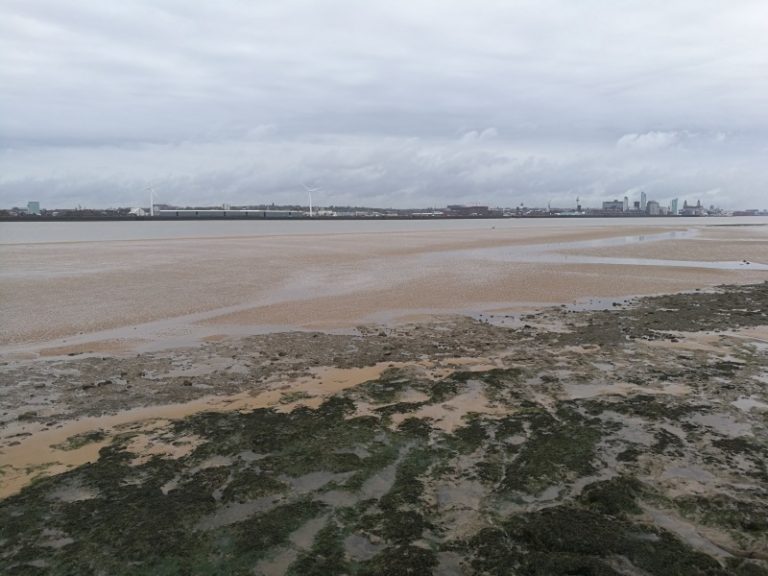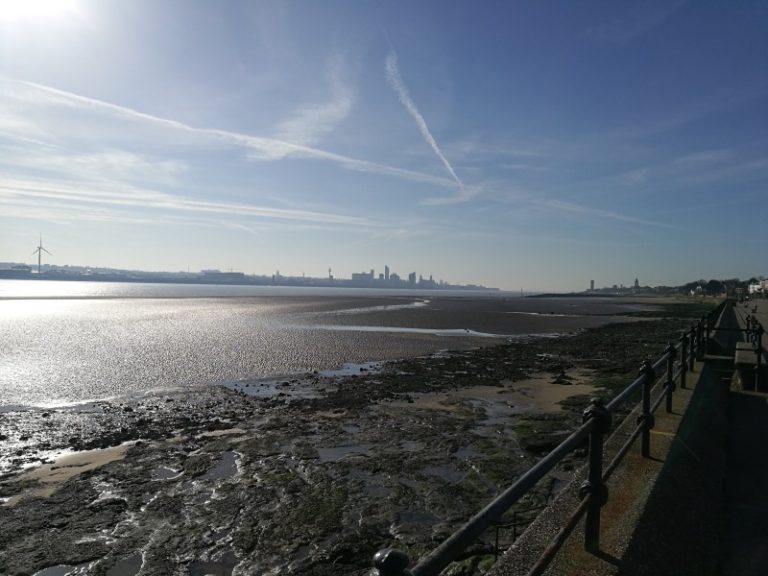Something different for a Bank Holiday Monday!
I’ve made a YouTube playlist, six songs that make me think about the viva, about getting ready, the end of the PhD and all of the feelings that swirl around. My reasons for these picks are below, but note that as this playlist is on YouTube, if you do click through there might be adverts between some songs and they have nothing to do with me!
The Final Countdown, Europe – I think this is the first thought that comes to people when their viva is near. The days and weeks leading up feel like a ticking clock to something momentous.
Happy, Pharrell Williams – this is my secret wish for everyone going to their viva. I’d like everyone to go to it feeling good about talking to their examiners.
My Way, Frank Sinatra – part of the viva is talking about what you did, how you did it, why you did it. While the viva isn’t quite the end of the PhD it has a feeling of “the final curtain”. Hopefully not too many regrets, hopefully not sombre or sad. Hopefully you can stand proudly and say you did it your way!
Make Your Own Kind Of Music, Mama Cass – this is a very particular thought for the viva. Some candidates worry that examiners will tell them that what they’ve done isn’t right or appropriate. Worry that there won’t be an answer or a way to explain yourself is real, and there isn’t a silver bullet answer. Perhaps the best thing you can do is work to be as confident as you can in explaining your research. You’ve gotta make your own kind of music/Sing your own special song…
It’s The End Of The World As We Know It (And I Feel Fine), R.E.M. – people forget the words in the title’s brackets! The viva might feel like the end of your world, you might be worried – but you can be fine, and you most likely will be fine!
Blackbird, The Beatles – “you were only waiting for this moment to arise…” When you get to the viva, you don’t need anything other than who you are, what you can do and what you have done. You were only waiting for the day to come when you could demonstrate who you’ve become.
I’d be very interested to know what songs make you think of the viva. Let me know if you have any bright ideas!



